10 most high-profile stories about space in 2017
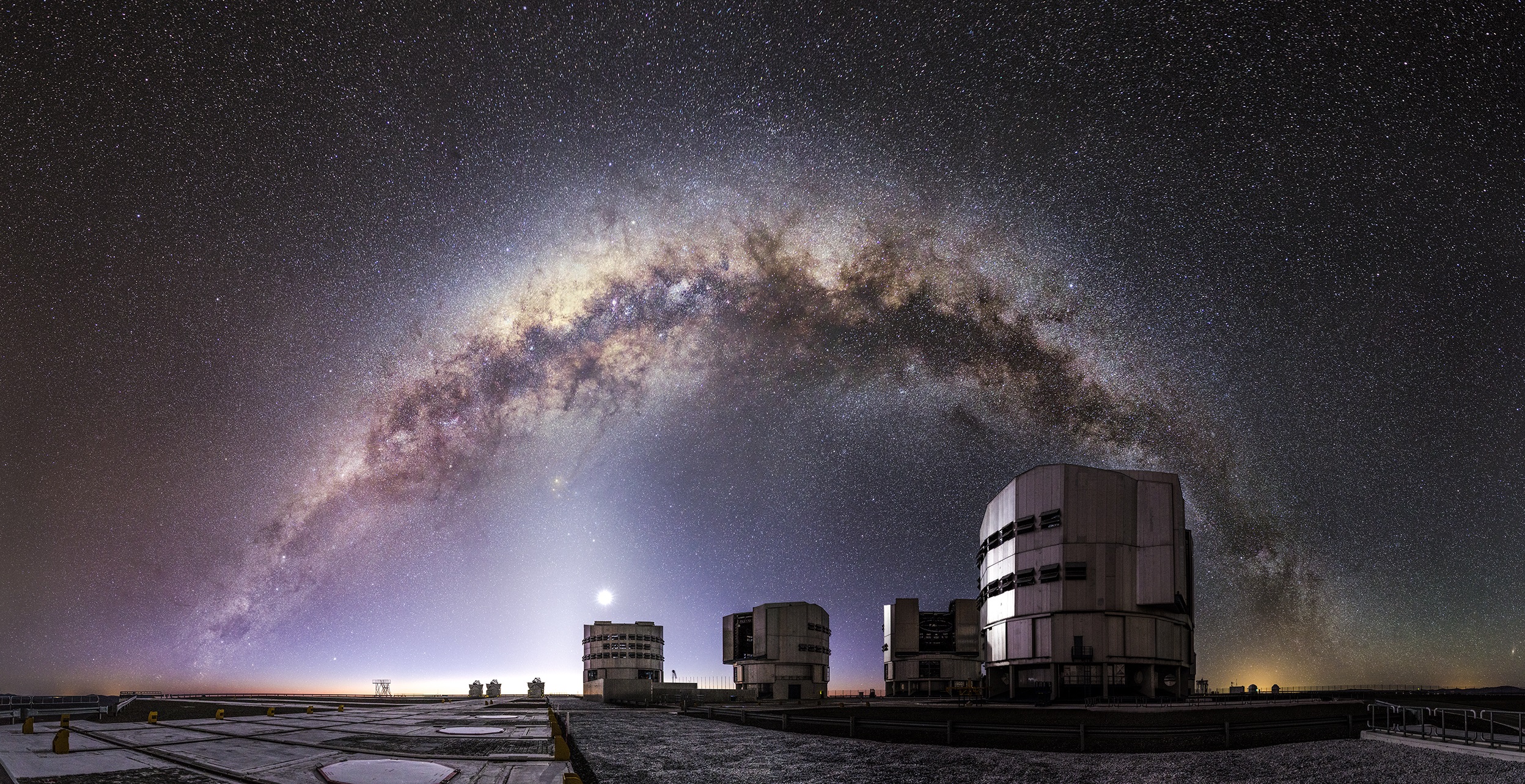 Source:
Source:
Another year is coming to an end, and we still haven't found the aliens. Fortunately, during this time, there were many other very interesting events connected with the cosmos. Since then, we have been witnessing several unique cosmic phenomena, to solve several puzzles for a long time tormenting our imagination and also to correct a couple of theories and hypotheses. Space never ceases to amaze with new stories. And now it's time to turn back and look at some of the most notorious of these happened in this outgoing year.
the
Cave of the moon
The Recent opening of Japanese scientists regained interest in the topic of lunar colonization. In October, the Japanese aerospace exploration Agency (JAXA) announced the discovery on our natural satellite caves with a length of 50 kilometers and a width of 100 meters. The object was discovered orbiting lunar probe "Kaguya" and is located under the surface of the volcanic region called Marius Hills. According to the current findings of scientists, sub-surface hollow space is a lava tunnel, formed by volcanic activity that took place here about 3.5 billion years ago. The presence of these lava tunnels have suspected for a long time, however, official proof managed to get just now.
The Main enthusiasm for open data tunnels among scientists is that these objects can be the perfect place to base future lunar bases. The walls of the tunnels are very strong and thick, and therefore able to protect future colonists from extreme temperatures on the moon's surface, ranging from -153 to +107 degrees Celsius. Moreover, these underground shelters can offer excellent protection for the colonists and equipment from the effects of cosmic radiation and micrometeorites, which on the moon are quite common. There are even suggestions that in those tunnels there are areas with accumulation of ice or even water, which will certainly be useful in the colonization of the satellite.
theMissing link in the history of planetary formation
In 2014, one of the biggest news related to space, was the story about the probe "Rosetta" and the first ever successful landing of a spacecraft (module Philae) on a comet. This mission has continued until 2016 before scientists decided to break the "Rosetta" on the comet 67P/Churyumov — Gerasimenko. In the framework of this event the spacecraft managed to transmit turned out to be invaluable information in the European space Agency (owner of the probe and the lander). But the fact that this information is so important, we can discover only after a year.
According to a study published by the Royal astronomical society, data obtained by the spacecraft "Rosetta", contain the missing link of the history of planetary formation. Scientists have found that a millimeter dust particles covering the outer layers of the comet's age of 4.5 billion years, mixed with internal ice particles inside the comet. And such a symbiosis can only be explained by one model describing the formation of large objects within the Solar system – nebular hypothesis.
After further analysis of the data, scientists concluded that the dust particles originated from matter nebula, (from which, according to the nebular model, the Solar system was formed), and then continuously mixed with each other in the result of cosmic collisions with larger objects are constantly drawn between the increasing level of gravity. According to the hypothesis, these particles can attract each other so tightly that under its own gravity may eventually collapse. However, the comet 67P/Churyumov — Gerasimenko has not yet managed to reach this point, and thereby confirm the assumptions of scientists.
thethe solution to the riddle of the missing stars
In 1437 Korean astrologers found in the constellation of Scorpio new star that shone brightly for two weeks, and then disappeared. Where it came from and what happened – no answer and could not. It took almost 600 years to solve the mystery. The author of the decision was the astrophysicist Michael Shara of the American Museum of natural history, who found out that his Korean colleagues in the XV century witnessed the cataclysmic event. As it turned out, the actors in this event were two objects – a white dwarf and a normal star, which actually became a donor mass of a dwarf.
When the temperature and density of a white dwarf reach critical values to trigger fusion reactions, the dwarf creates a powerful release of energy, which is called new. This astronomical phenomenon is accompanied by an incredible flash, the witness of which became the Korean astrologers. A couple of weeks Nova has faded, and the new star disappeared from the sky.
The Solution to this riddle helped the incredible precision with which the Seoul scientists of the XV century, recorded this event. It happened on 11 March 1437 was observed between the second and third star of the constellation, during the sixth lunar Eclipse. But even in this case, Michael Ball had to consult with historians and learn Chinese astronomical map to see the exact location of the white dwarf. The work took as long as 30 years.
theassessment of the probability of life on Enceladus
The Results of a study published in the journal Science, indicate that in the subsurface ocean of Saturn's moon, Enceladus, chemical reactions occur, similar to those that can be found near the earth's geothermal sources. To such conclusions scientists came after the analysis of the data collected as a result of the flight of automatic interplanetary station "Cassini" in 2015 through the emissions of ice particles from the moon's surface and the determination of molecular hydrogen.
The Astronomers behind the study believe that the source of hydrogen in this case is the continuing reaction of interaction of hot water with rock, the deep waters of the ocean and near the core of the satellite. These findings confirm the results of earlier studies conducted in 2016, in which it was found that discovered by Cassini on Enceladus particles of silica, most likely, was exposed to hot water from the depths of the ocean.
On the Ground, the microbes living near deep-sea geothermal sources are used for the survival of a primitive metabolic process, called methanogenesis. Analysis of Cassini suggests that the ocean of Enceladus has all the resources needed to support this process. The presence of life on Saturn it does not prove, but significantly increases its potential habitability, the researchers say.
Enceladus began seriously to consider as a potential habitat for extraterrestrial life after discovering it in 2005, subsurface ocean. Private and public space agencies are considering the possibility of sending in 2020-ies to the Enceladus orbital probes and landing modules with scientific equipment designed to search for life.
thethe mystery signal is "Weird!"
In 1977, astronomers from Ohio state University (USA) conducted routine monitoring of the sky in search of alien intelligence, and suddenly found abnormal radio transmission of extraterrestrial origin. Scientists were so impressed that on the printout of radio data readings one of them did not find anything better how to make a signature with the word "Wow!". Thus, a signal "Wow!" ("Wow!"). And this year we have a signal, "Weird!" ("Weird!").
It was First caught researchers from the Arecibo Observatory in Puerto Rico on may 12. Its source was from the Ross 128, also known as FI Virgo – a dim red dwarf star located 11 light years from us and not having around any of the planets. Within 10 minutes the signal was observed, "with almost constant frequency", and then disappeared.
Of Course, when astronomers announced this event, the first public reaction was aliens! In turn, the team of Arecibo, though recognized that the signal is "very unusual", but immediately made the assumption that, most likely, it represents the fragments of the broadband radio transmissions from one or more geostationary satellites. Further collaboration of astronomers from Arecibo and SETI has confirmed this assumption. It turned out that the signal is "Weird!" creates a satellite, which goes at a very remote geostationary orbit.
However this is not the last time we heard something about the star Ross 128. In November, astronomers announced that next to the red dwarf has at least one planet. Moreover, the scientists found that the planet has a very low rotation speed and, being only 11 light years, is the second closest candidate earth-like planet. In this respect, it even beats the extrasolar planets of Proxima b as it is located on the quieter a red dwarf, not creating a huge emission of radiation, which could destroy the planet's atmosphere (if it has).
thethe Collision of two neutron stars
Which is a core remaining after the supernova explosion of stars formed from the once very massive stars, neutron stars are quite rare and intriguing objects at the same time. This year, scholars had the opportunity in the "first series" to watch the encounter of two neutron stars.
With the help of gravitational wave detectors LIGO and VIRGO scientists have been able for the first time to observe the light and gravitational waves from the same cosmic events. The collision also watched dozens of other telescopes that helped at the same time to shed light on many other astrofizicheskie...
Recommended
The Americans on the moon: what everyone should know?
the Upcoming cosmonautics day is my favorite holiday. It marks the triumph of the human mind: in just four thousand years Homo Sapiens went from hunter-gatherers to space explorers. 12 April 1961 Soviet cosmonaut Yuri Gagarin became the first man in ...
Why are some galaxies spiral shaped?
you Know what surprised me the most? The fact that we perceive the surrounding world as it is. Animals, plants, the laws of physics and the cosmos are perceived by many people as something so mundane and boring that they invent fairies, ghosts, monst...
Astronomers were able to see the death of another star system
In the cosmic ocean drifts a lot of mysteries about the existence of which we are unaware. One of these was uncovered five years ago, when astronomers have discovered a lonely star at a distance of 570 light years from Earth, the brightness of which ...
Related News
#video | the Astronauts made pizza on Board the ISS
During his stay aboard the International space station crew members conduct a lot of experiments in weightlessness. This study of survival and life processes of flora and fauna, and the synthesis of various chemical compounds, and...
Dark matter — "aliens" for astrophysicists?
With all our understanding of the laws of physics and the success of the Standard model and General relativity, in the Universe there are a number of observed phenomena that can't explain. The universe is full of mysteries, rangin...
Mysterious fog and Pluto will help us in the fight against global warming
When New horizons flew past Pluto in 2015, the probe not only opened for us great views of the giant planets of the Solar system, but also a scientific surprise: the Pluto was much colder than we expected. While on the topic of th...
After 37 years of idle engines "Voyager-1" again
the space Agency NASA clearly knows how to squeeze out literally the last juice out of their spacecraft. In October of this year, the second time was extended mission automatic interplanetary station Dawn after she completed the s...
NASA agreed to re-use already-developed SpaceX rocket
For NASA, it should become a real historical event as the American space Agency agreed to use the next space mission to supply the International space station have previously established the Falcon 9 rocket. The launch is schedule...
Is it possible to create the perfect astronaut using genetic engineering?
to Be an astronaut is not easy — you need an extraordinary combination of courage, physical fitness, intelligence, ability to make decisions quickly and stay calm under the most intense pressure. Then you might take into space. Bu...
From the Vostochny cosmodrome launched rocket "Soyuz-2.1 b" with 19 satellites
Roscosmos reported that the launch-vehicle was in normal mode, after which the head of the rocket separated from the third stage at a set time. The rocket carried into space the satellite "meteor-M" № 2-1 and 18 spacecraft payload...
NASA developed tires with memory foam for the new Rover
During his five-year stay on the red planet and the Curiosity Rover has done a tremendous research work and made many interesting scientific discoveries. And during all this time, the Autonomous Mars science laboratory, of course,...
The ISS found extraterrestrial life
On the surface of the Russian segment of the International space station (ISS) was found live bacteria arrived from space, reports TASS the words of Russian cosmonaut Anton Shkaplerov. Currently they are studied on Earth and is li...
The Japanese will go to the moon in exchange for their technology
the fact that Japan plans to send its astronauts on the moon, said earlier that representatives of various space agencies discussed the possibility of joint construction of the base in orbit of Earth's natural satellite, but then ...
Telescope "James Webb" passed cryogenic testing at -233 degrees Celsius
In the Space center Johnson (Texas, USA) completed cryogenic testing of an orbital telescope "James Webb". As the portal Space.com within 90 days the unit was in a closed vacuum cryogenic chamber with a constant temperature of -23...
The participants of the experiment, lunar SIRIUS 17 days "returned to Earth"
Not all the astronauts are going in the future to go to Mars and establish colonies there. Some, for example, plan to fly to the moon and this too thoroughly prepared. Yesterday ended the simulating flight to the moon the SIRIUS e...
Toyota showed a humanoid robot for space exploration
the Japanese company Toyota is known to many as one of the world's largest automakers, but actually in the interests of the Corporation includes not only the production of cars. For example, recently the residents of the Country o...
In Russia passed the first test of Martian lander
In the framework of Russian-European space mission ExoMars, scheduled for the next 3-5 years, it's been a lot of tests in preparation for scale flight. And perhaps one of the most important experiments was a few days ago. In the A...
Why people should not colonize Mars: opinions of experts
Elon Musk wants to bring humans to Mars. Professor Stephen Hawking can't wait to see when we find a new planet that will be able to call your new home. Space Agency NASA is developing an engine that would be able to afford to do i...
Latest discovery on the moon increases the chances of creating a lunar base, experts say
In October this year, the Japanese satellite Selenological and Engineering Explorer (Selenological and technological research apparatus, or SELEN), also known as "Kaguya", on the moon. A space width of 100 meters and a length of 5...
Artificial intelligence is the ideal tool for the study of the Universe
In an attempt to understand the Universe we become obsessed — we are tempted by lust of the observations. The satellites transmit hundreds of terabytes of information every year, and only one telescope in Chile will produce 15 ter...
"The first space nation" put its own satellite into orbit
in the framework of the space mission supply Cygnus CRS OA-8E to the International space station to orbit the Earth was launched the satellite "Asgardia-1". If you are "asgardian", you can mark the date November 12 as the date to ...
If we can settle the life on outer space?
the galaxy's billions of worlds like ours. Do we need to send them the germ of life, to settle her throughout the cosmos? Claudius Gros Goethe University in Frankfurt, Germany, believes that it is necessary. For this, he proposes ...
Colonize or die out: why do we need Mars?
Some believe that we will stay on Earth — people will cease to exist. In an article published in June, Elon Musk has warned of the inevitability of space: life on Earth will disappear if we will not mnogoletnim. There are tw...



















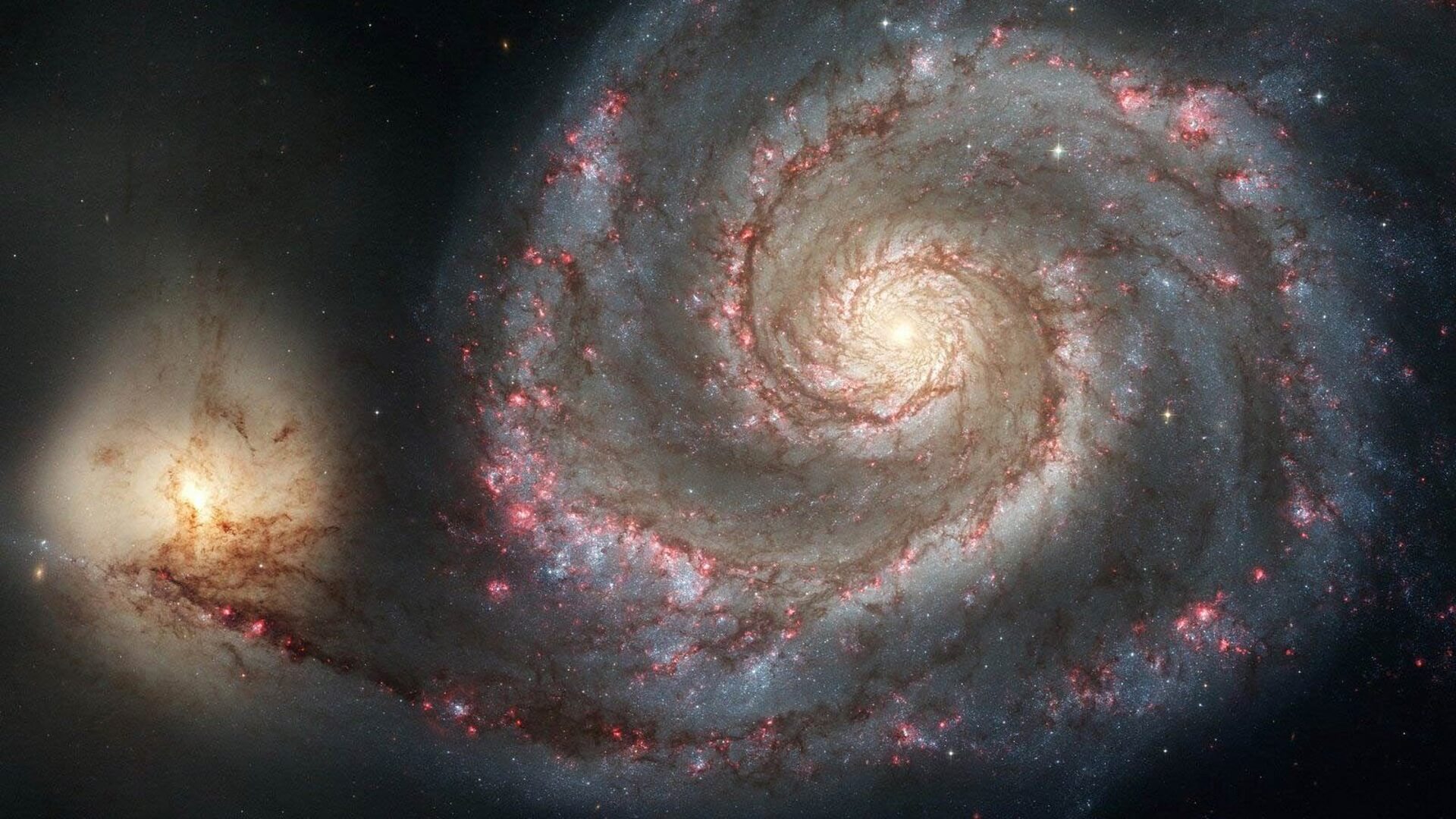
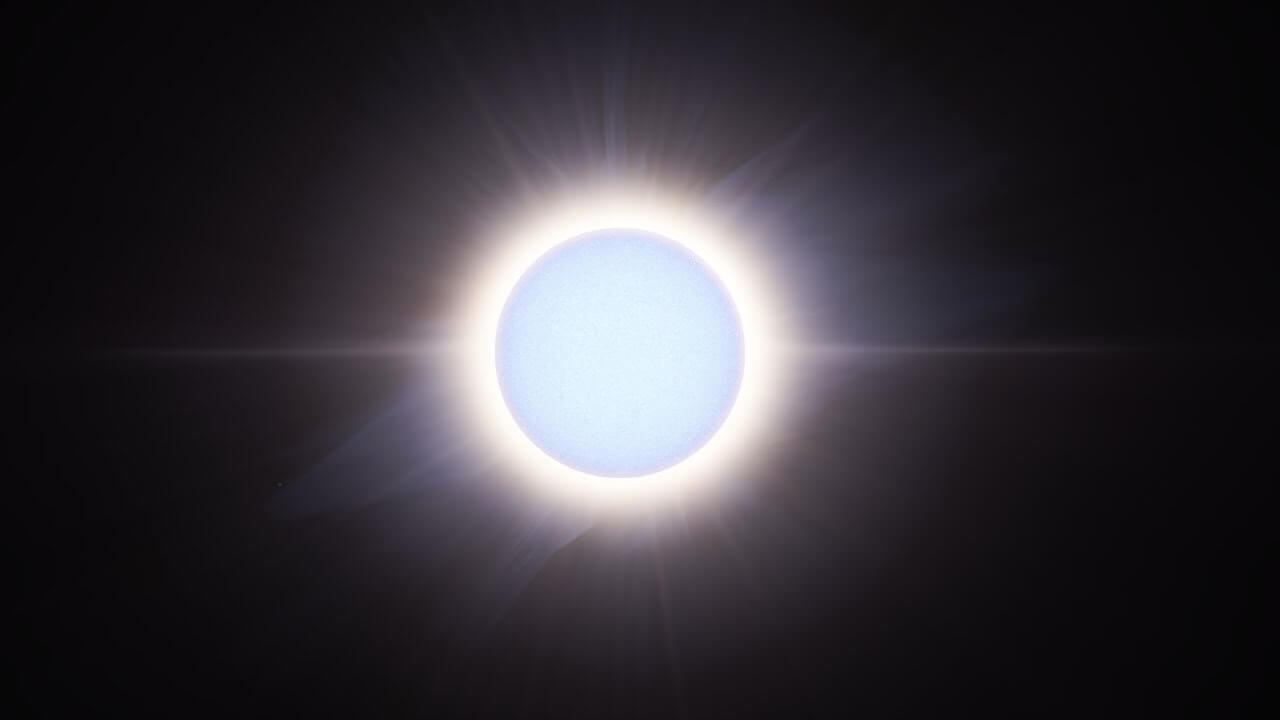

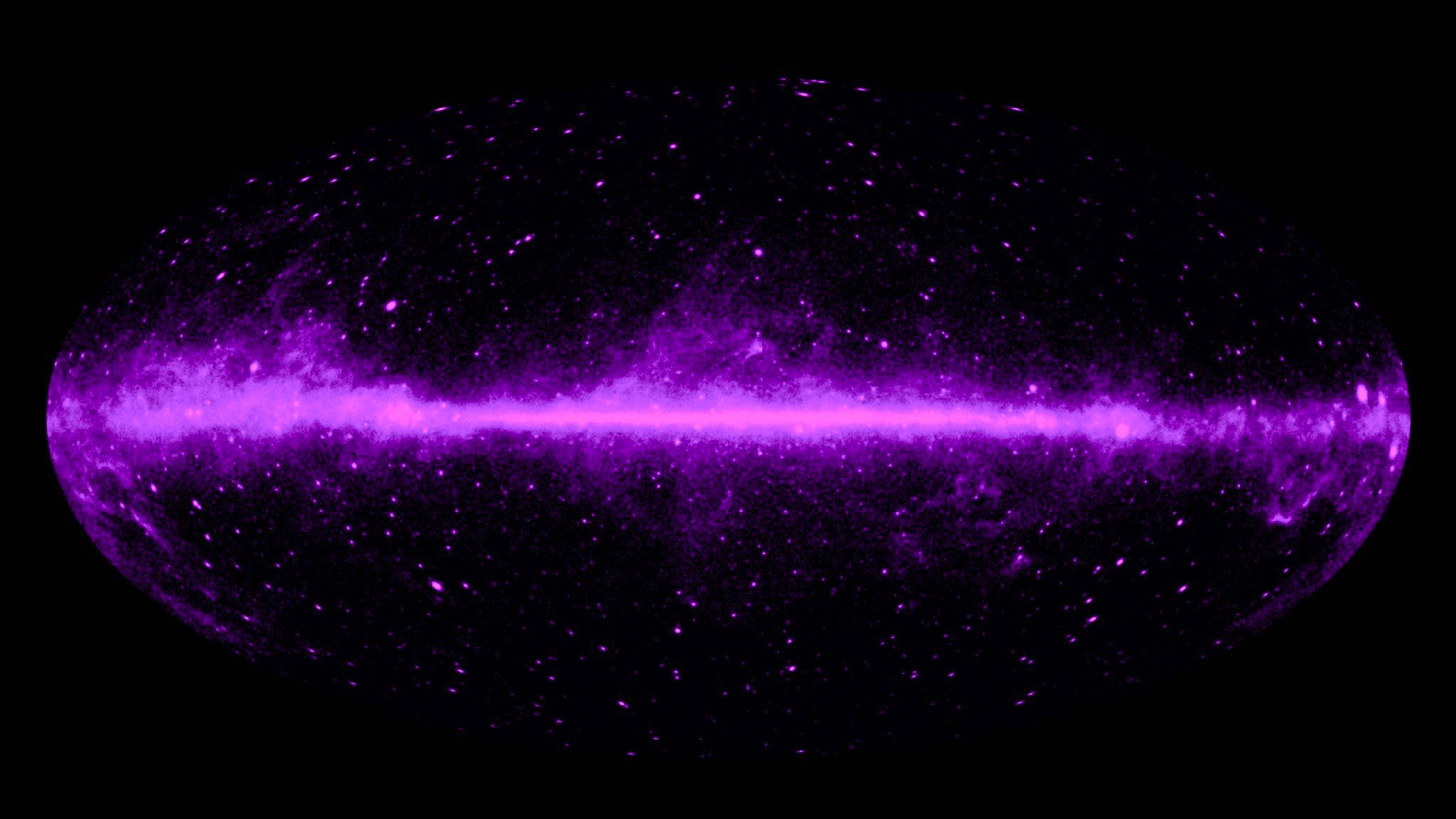
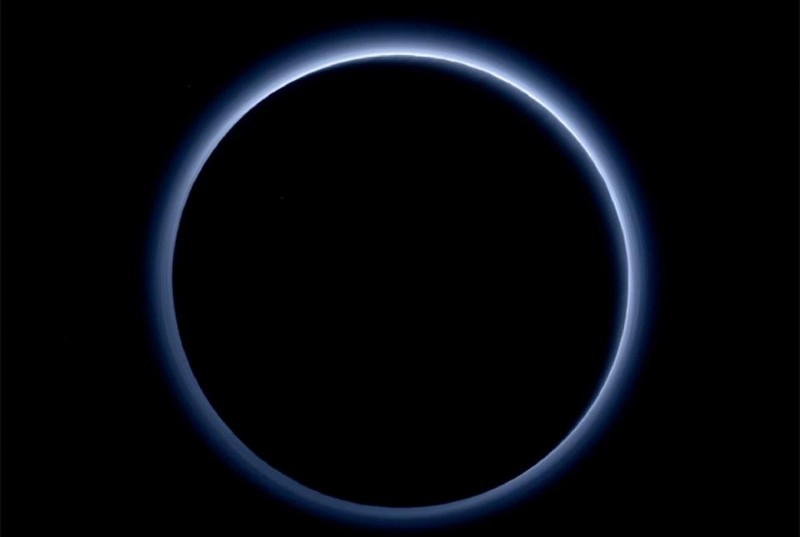
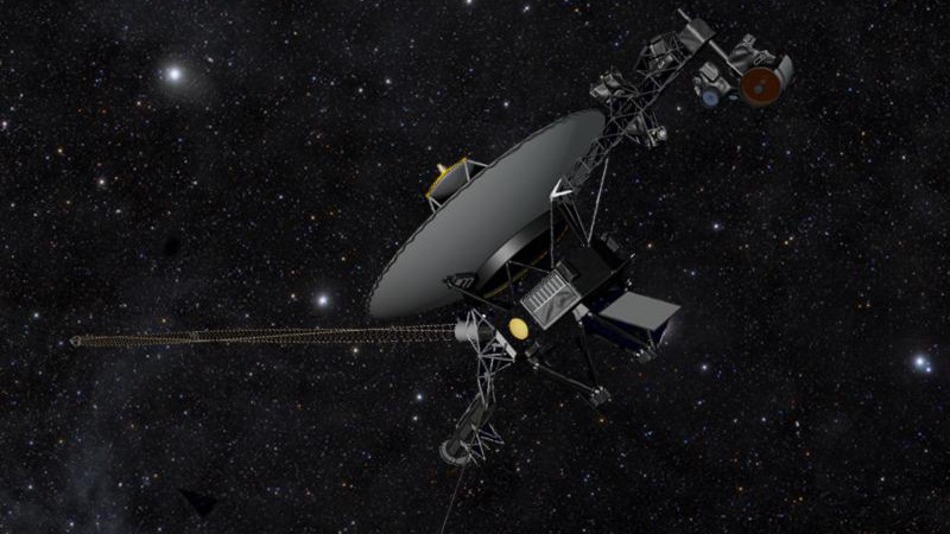
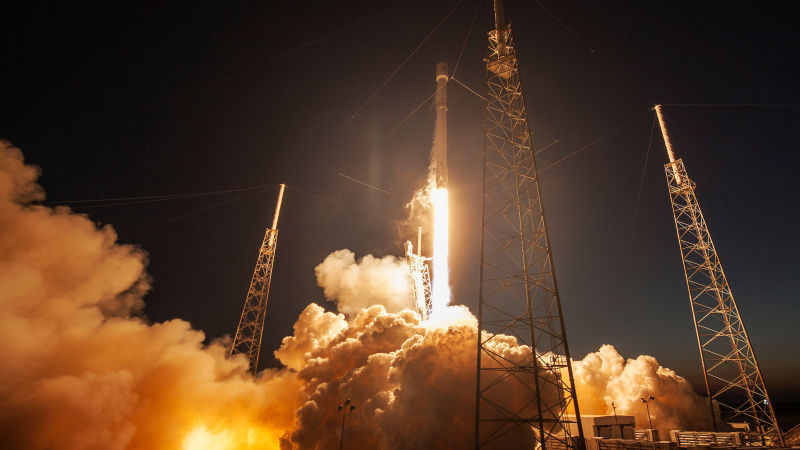
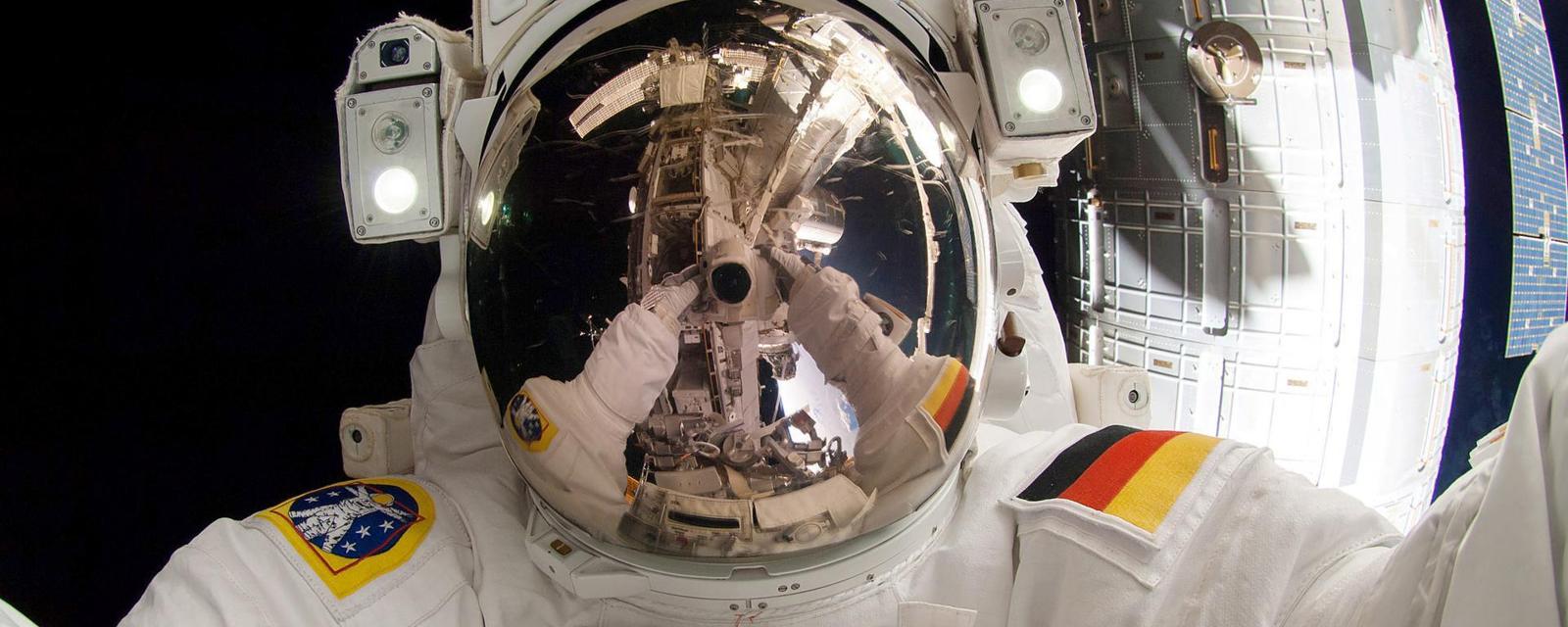
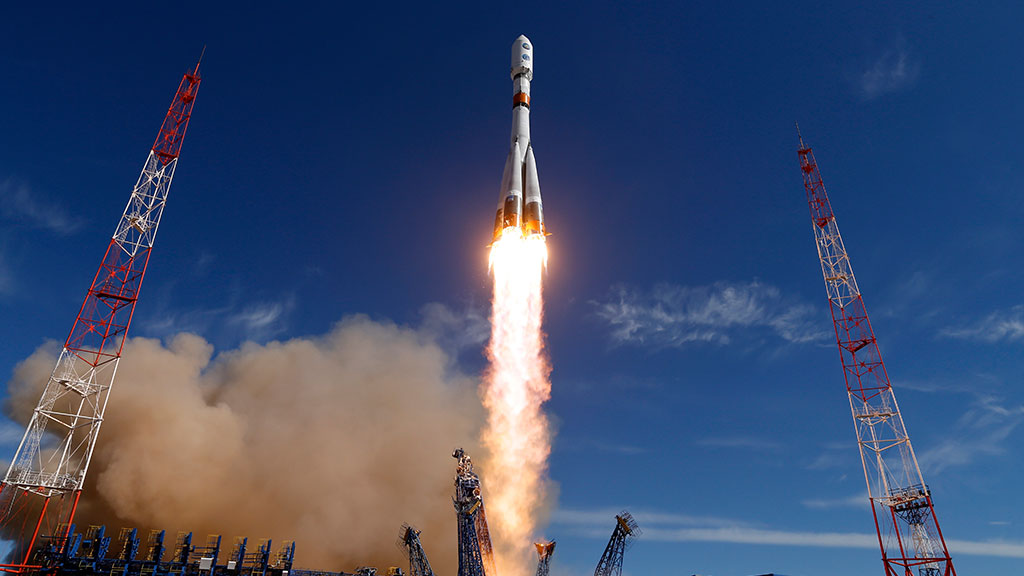

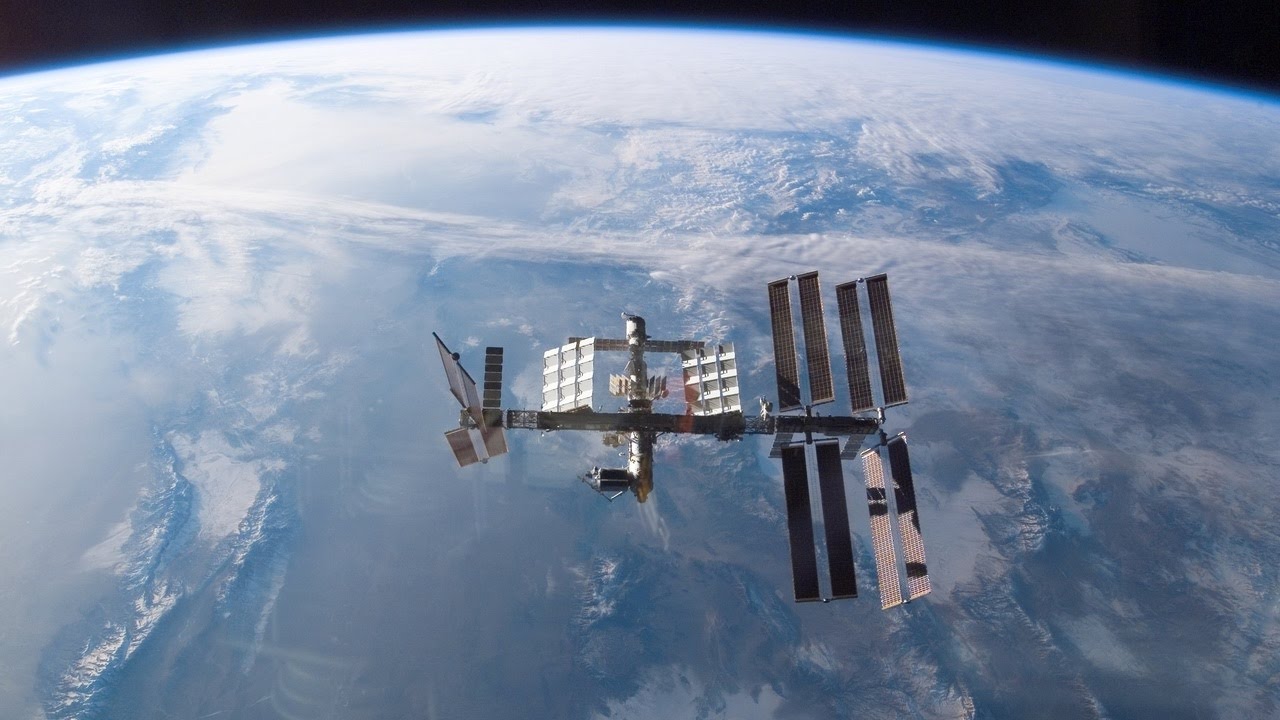
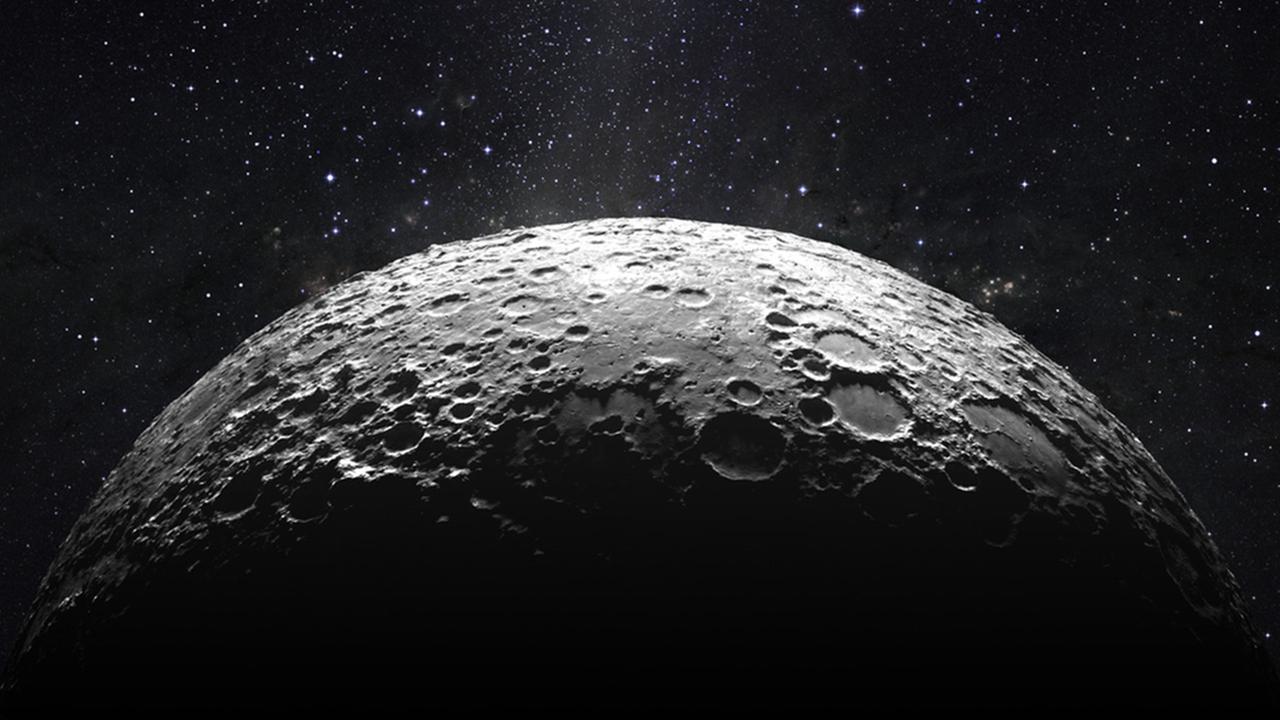
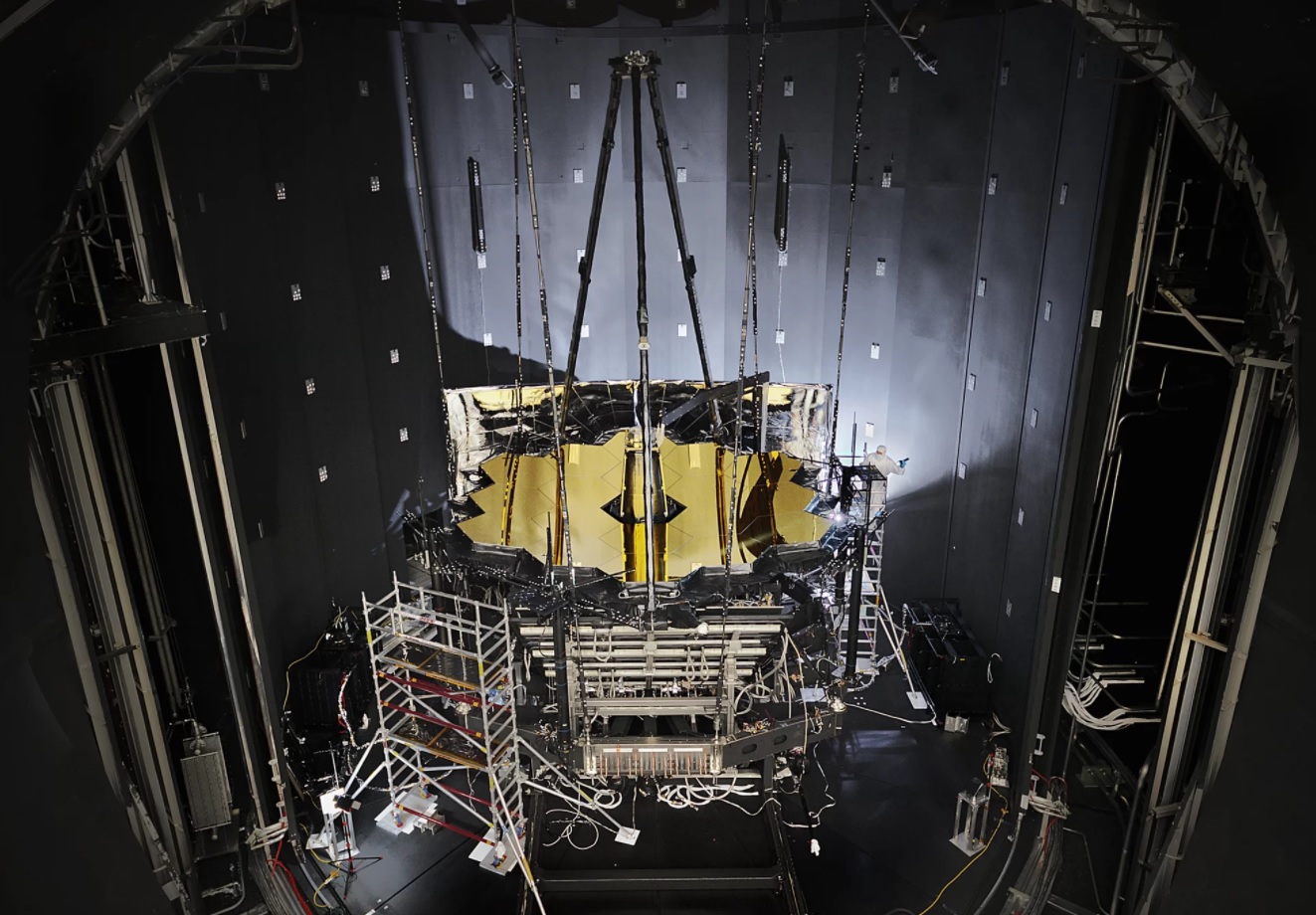
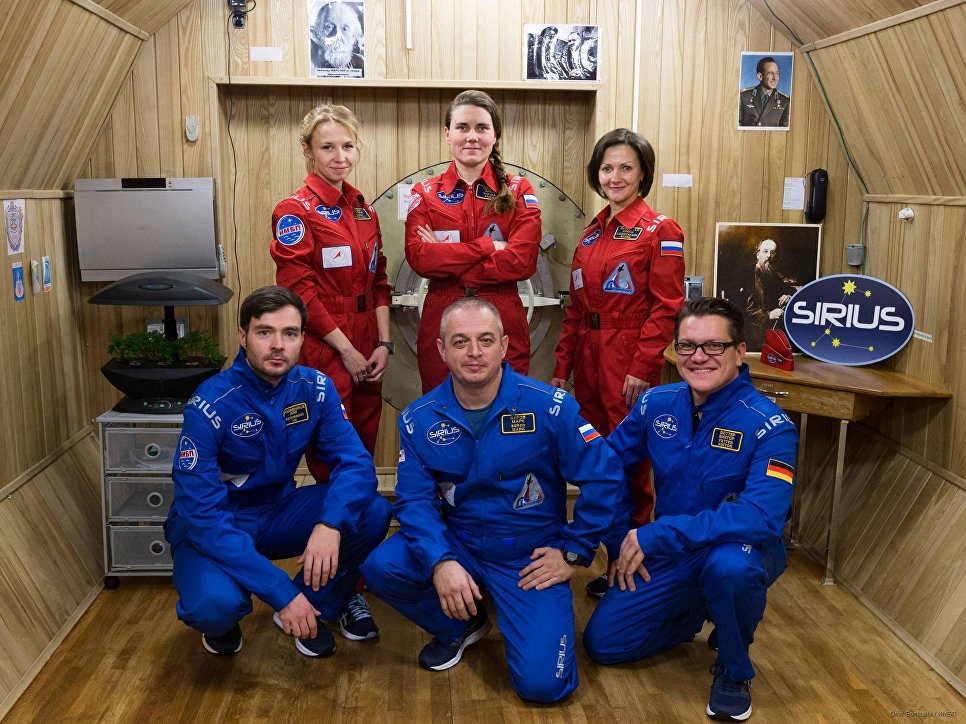
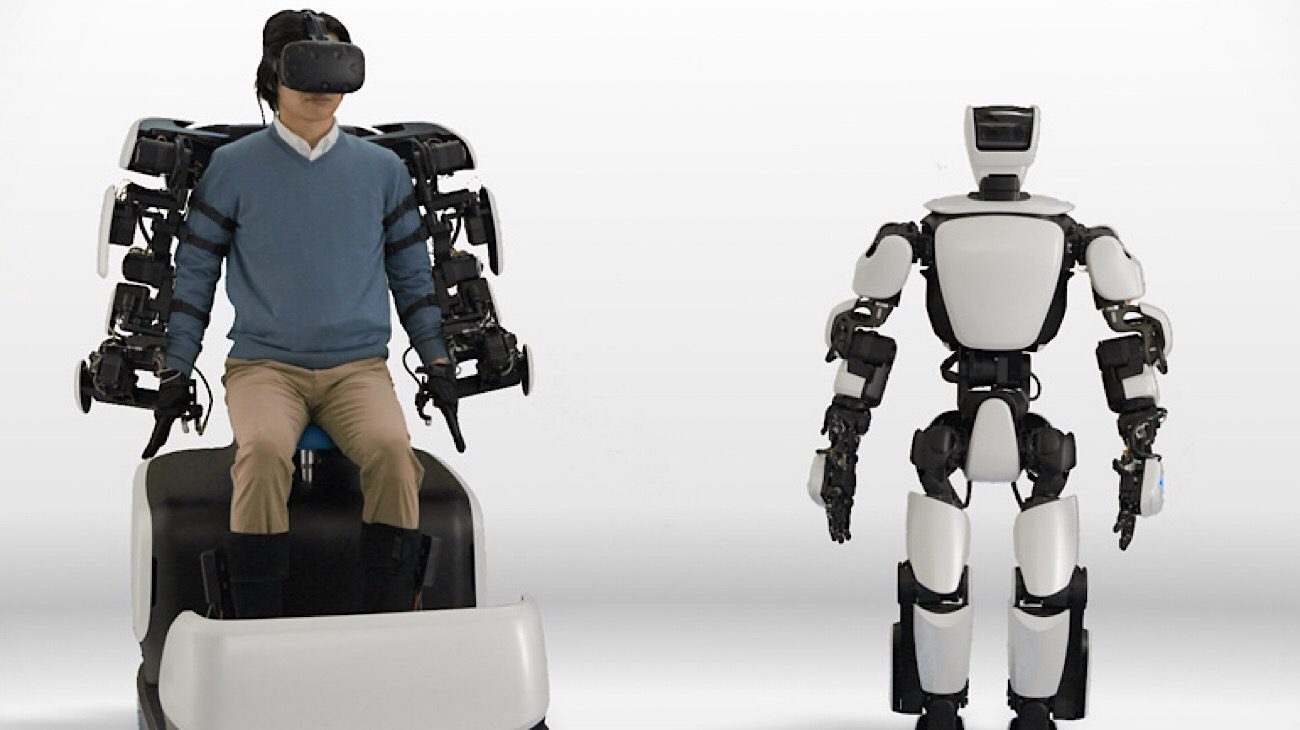
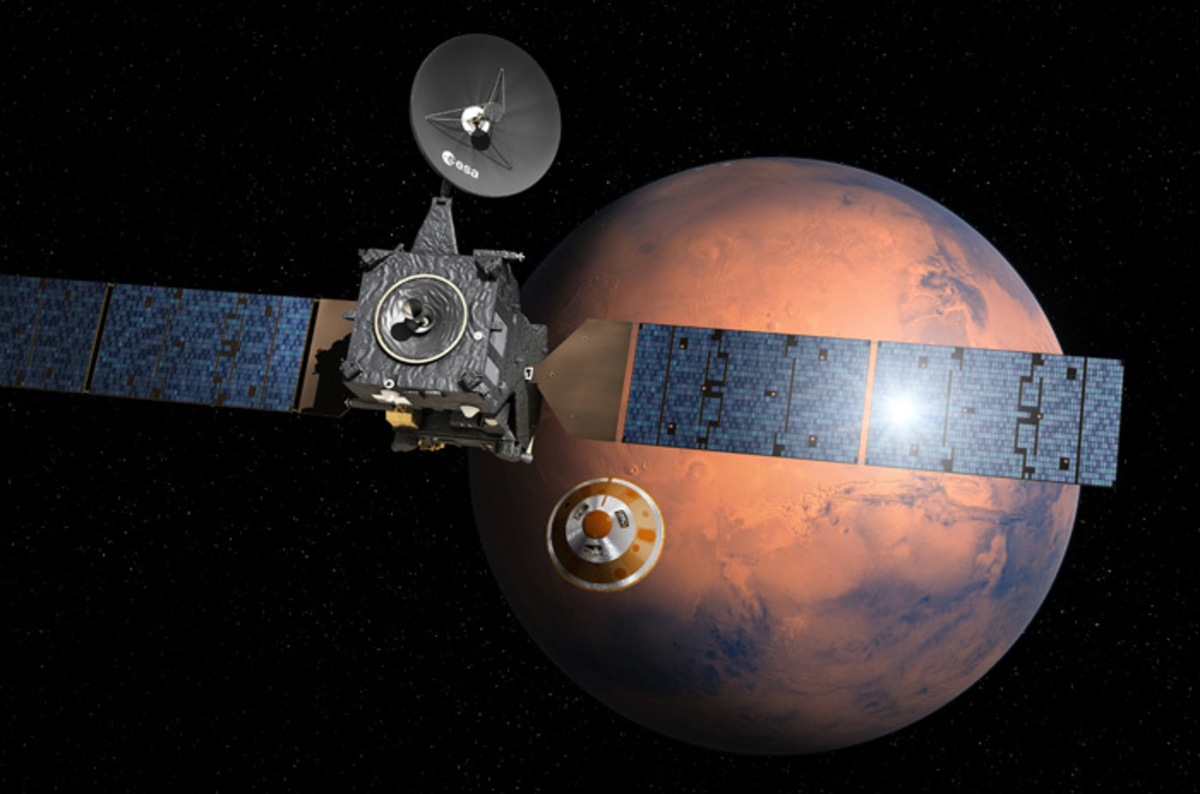
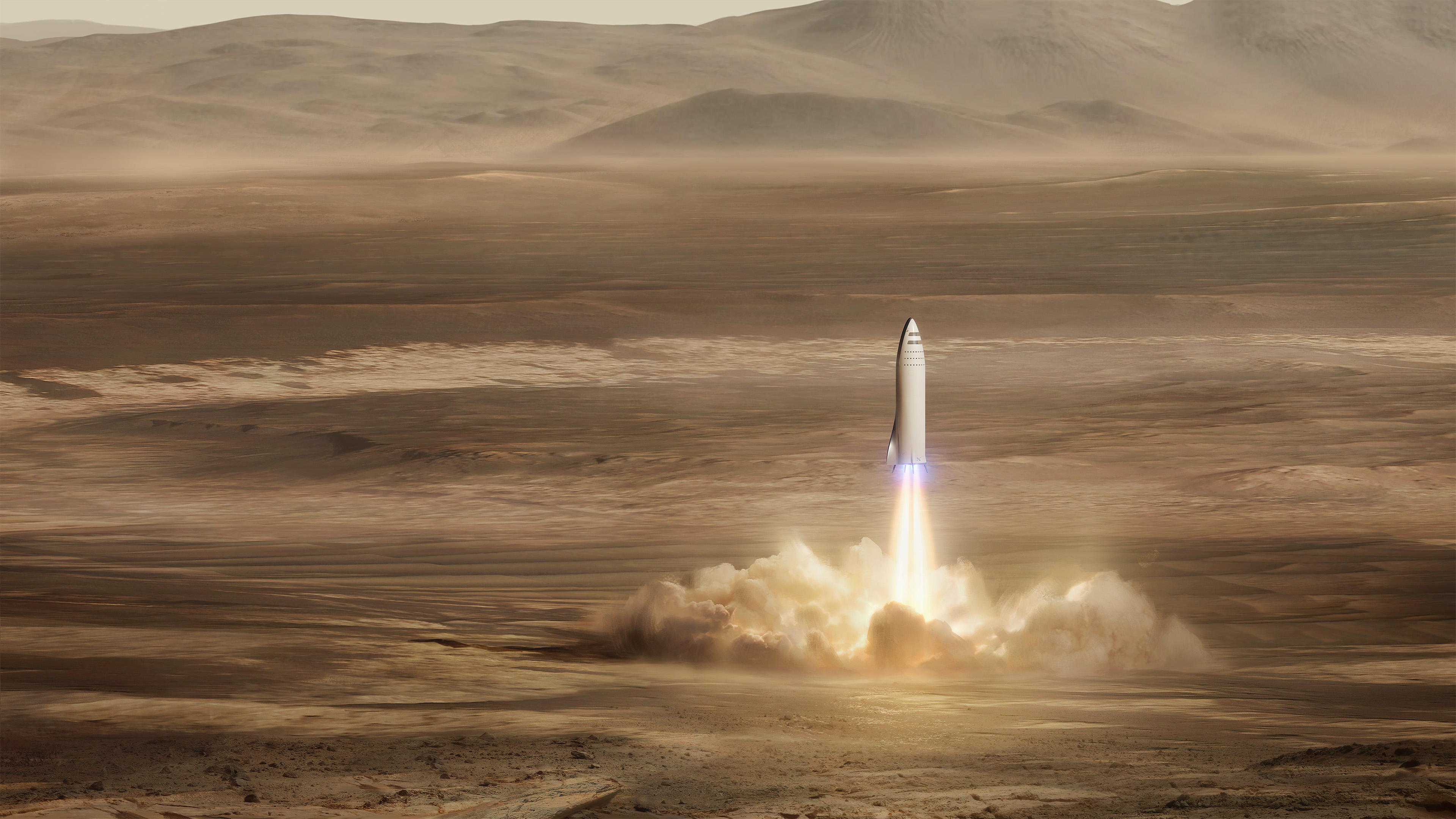
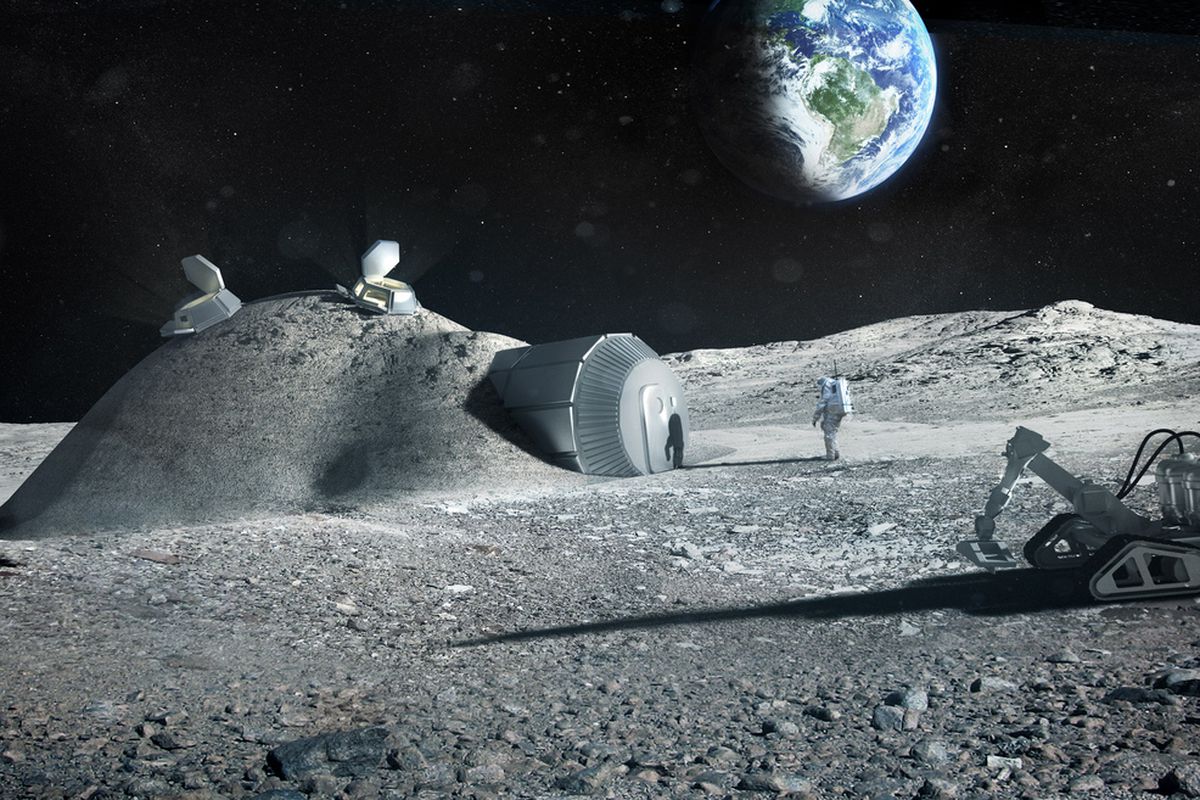
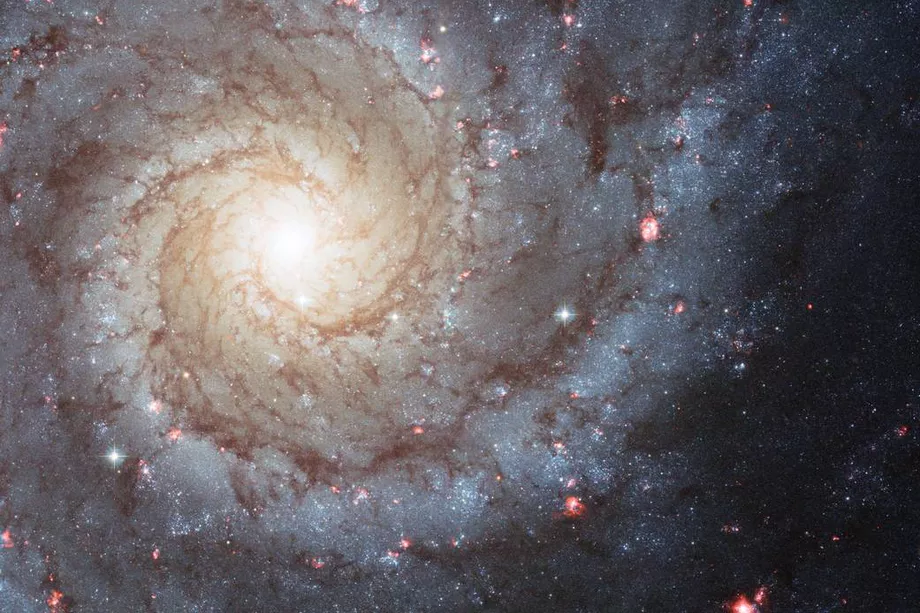
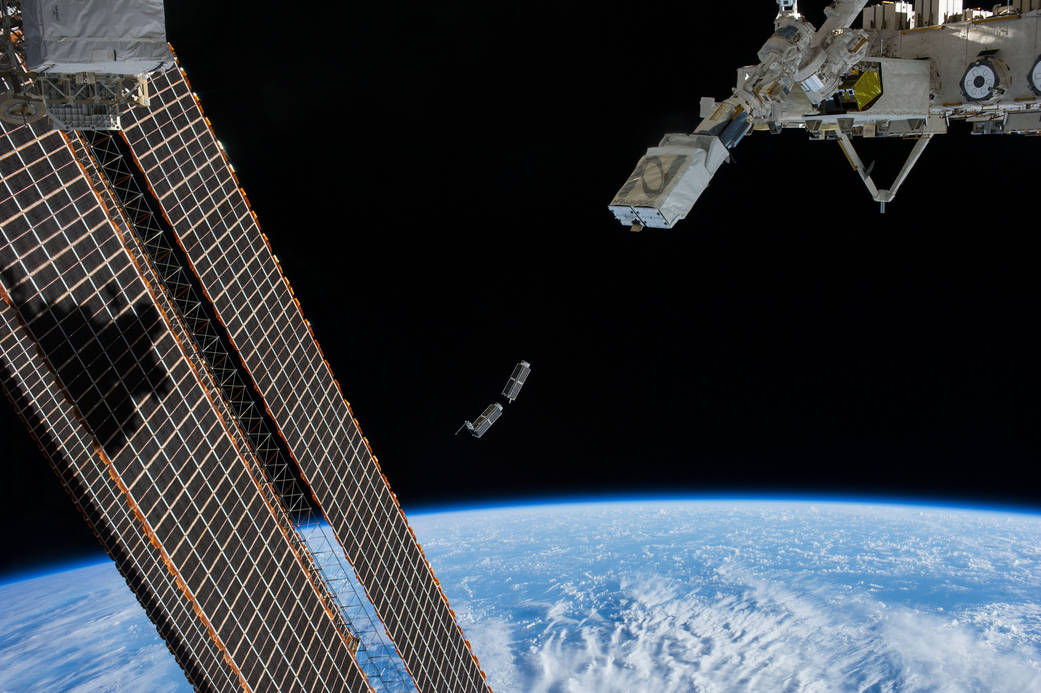
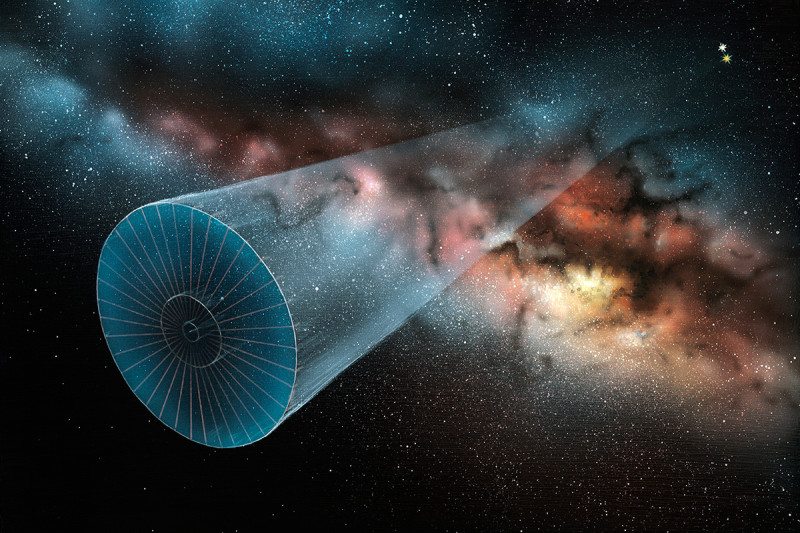
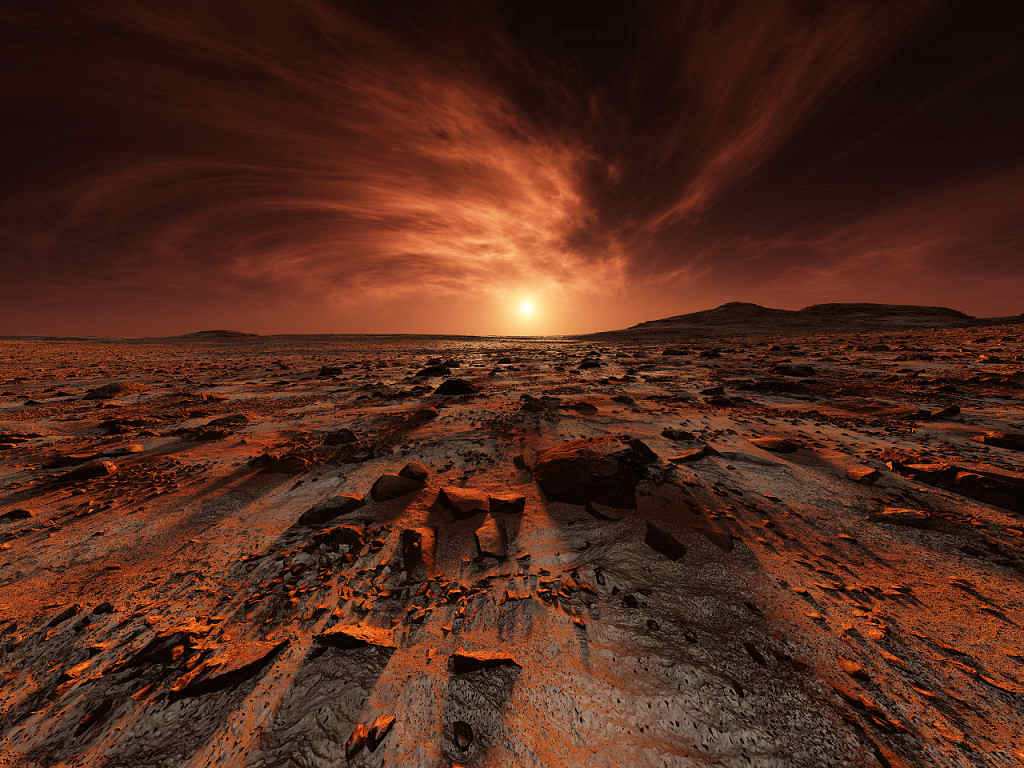
Comments (0)
This article has no comment, be the first!